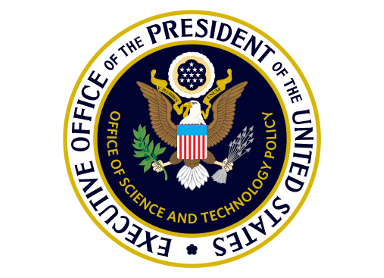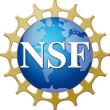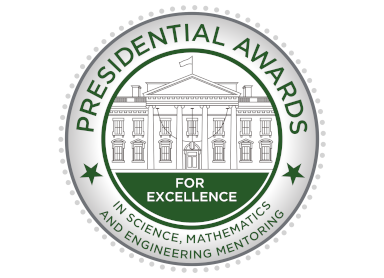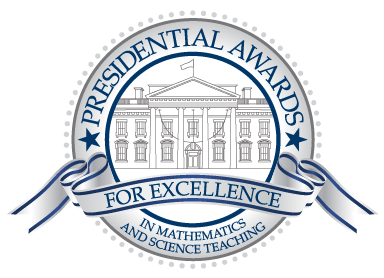Sekazi K. Mtingwa, Ph.D.
Triangle Science, Education & Economic Development, LLC | Hillsborough, NC | 2017

Receiving the Presidential Award provides me the kind of public exposure that boosts my ability to enhance my mentoring efforts. It will also allow others to learn about and implement various aspects of my mentoring philosophy in their activities.
The official biography below was current at the time of the award. Awardees may choose to provide their latest biographical information on their profile page.
Mentoring Philosophy
Sekazi Mtingwa’s philosophy of how to have a socially-responsible career consists of three phases: (1) work as hard as possible to increase one’s own knowledge; (2) after solidifying one’s professional career, such as obtaining tenure or another type of permanent appointment, promote others’ careers on a one-on-one basis; and finally (3) work to establish and/or enhance systems and institutions that promote STEM careers. He warns his mentees that they cannot “save the world” if they are not devoting the appropriate amount of time to their own development.
Mentoring Accomplishments
During his years at North Carolina A&T State University, Massachusetts Institute of Technology (MIT), and Harvard University, Dr. Mtingwa informally and formally mentored hundreds of undergraduate and graduate students. He documents in his proposal 23 outstanding graduate students whom he mentored toward the Ph.D. in their respective fields at MIT, Harvard, North Carolina A&T State University, University of Illinois at Urbana-Champaign, Jackson State University, Boston University, Botswana University, University of South Africa, and Xavier University of Louisiana. One of his most enjoyable experiences was serving as the mentor/liaison for graduate students, postdoctoral students and faculty in the Raleigh-Durham Research Triangle Region of North Carolina. Each year, he mentors about a dozen fellows from Duke University, University of North Carolina-Chapel Hill, and North Carolina State University.
During the summer of 2002, he was the Director of the Stanford Linear Accelerator Center for Energy Research Undergraduate Laboratory Fellowship Program, now called the Science Undergraduate Laboratory Internship Program, which is funded by the Department of Energy. That program brought approximately 20 students to the laboratory for 10 weeks to pursue research. Having worked at various national laboratories, including Fermilab, Argonne, Jefferson, Los Alamos, Berkeley, and Brookhaven, he has established many collegial relationships, and has placed many students in internships at national laboratories over the past three decades.
Dr. Mtingwa’s honors and leadership in STEM include:
- Participated in founding the National Society of Black Physicists (Established it as North Carolina nonprofit in 1993) and National Society of Hispanic Physicists (Proposed the adopted administrative structure in 1996)
- Served on the U.S. Department of Energy’s Nuclear Energy Advisory Committee, 1998-2008, and its Subcommittee on Nuclear Fuel Cycle R&D, 2000-Present
- Distinguished Service Award, American Nuclear Society, 2015



